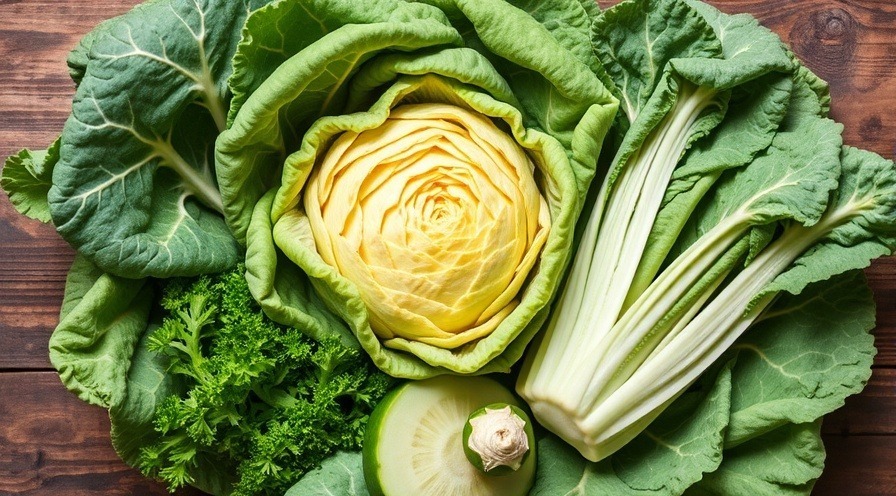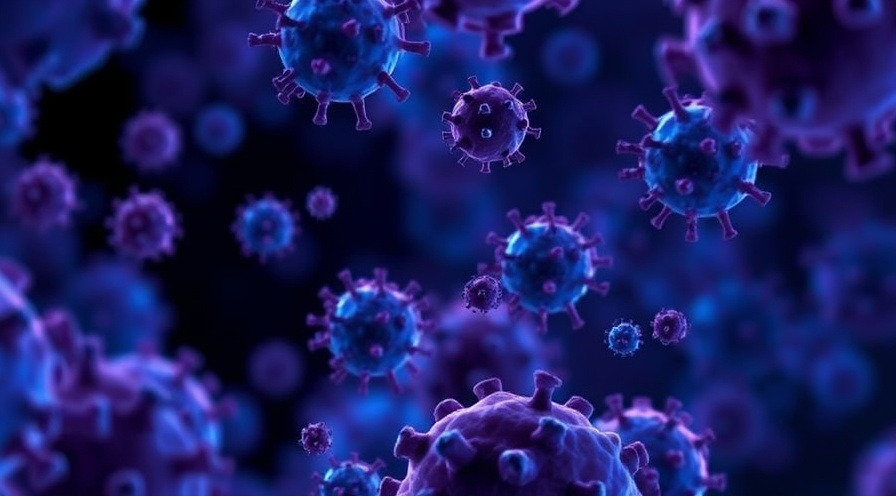
Unleashing the Power of Nutrition Against Cancer
Cancer is a word that can evoke fear and uncertainty in nearly anyone who hears it. But what if I told you that there are ways—through foods and lifestyle choices—that we can significantly improve our chances of fighting against this disease? In the engaging video HOW TO KILL CANCER, Dr. William Li discusses how the choices we make can empower our immune systems to combat cancer cells before they even have a chance to grow. Let’s break down how nutrition and lifestyle can transform our health and contribute to cancer prevention.
In HOW TO KILL CANCER, the discussion dives into empowering our immune system through lifestyle and dietary changes, exploring key insights that sparked deeper analysis on our end.
Building a Stronger Immune System
The first step to thwarting cancer is recognizing the incredible ability of our own immune system. By adopting a healthier diet and lifestyle, we can enhance our immune defenses. Eating a variety of fruits and vegetables, specifically those known for their cancer-fighting properties, can provide the nutrients our bodies need to strengthen their natural defenses.
Foods rich in antioxidants, for example, can help protect our cells from damage and promote better health overall. Regular exercise is equally critical—engaging in physical activity not only aids in maintaining a healthy weight but also boosts our immune responses. Together, these practices can help our bodies effectively patrol for microscopic cancer cells and eliminate them before they take hold.
Nourishing Our Bodies with Protective Foods
What kinds of foods should you incorporate into your diet? The list is extensive and delicious! Consider adding:
Berries: Packed with antioxidants, they help minimize inflammation and fight free radical damage.
Leafy Greens: Foods like kale and spinach are rich in vitamins that bolster immune function.
Cruciferous Vegetables: Broccoli, cauliflower, and Brussels sprouts contain compounds that help detoxify our bodies.
By making these dietary adjustments, we can support our body’s natural mechanisms to regulate blood vessel formation. This is crucial because cancers thrive on unnatural blood supply networks. By consuming the right foods, we can help our bodies eradicate unwanted blood vessels that supply cancer cells.
Making Lifestyle Changes Count
It's not just about the food we eat, however. Our overall lifestyle plays a significant role in cancer prevention. Maintaining a balanced diet, engaging in consistent physical activity, and ensuring we manage stress effectively all contribute to our well-being. Stress management techniques such as mindfulness, yoga, or simple breathing exercises can make a substantial difference in how our body functions and copes with potential health threats.
Additionally, staying hydrated is often overlooked but crucial for all aspects of health, including our immune responses. Aim for at least eight glasses of water a day to keep your body functioning optimally.
The Path to Empowering Choices
To sum up, our immune system is our first line of defense against diseases such as cancer. We hold the power to nourish and empower our bodies through our food choices, exercise, stress management, and hydration. By adopting a holistic approach to health, we not only lower our cancer risk but can also lead happier and healthier lives overall.
So, if you’re looking to understand more about how you can take charge of your health, the insights from HOW TO KILL CANCER provide a fantastic start. Let’s commit to making positive choices today for a better tomorrow!
Disclaimer: The information provided on this website is for general informational purposes only and should not be considered medical advice, diagnosis, or treatment. Always consult a qualified healthcare professional before making any decisions or taking actions related to your health, including but not limited to medical conditions, treatments, diets, supplements, or exercise programs. The content on this site is not intended to replace professional medical guidance. The website and its authors are not responsible for any actions taken based on the information provided.
 Add Row
Add Row  Add
Add 




Write A Comment